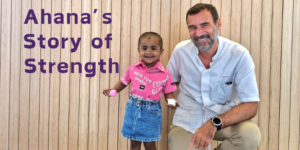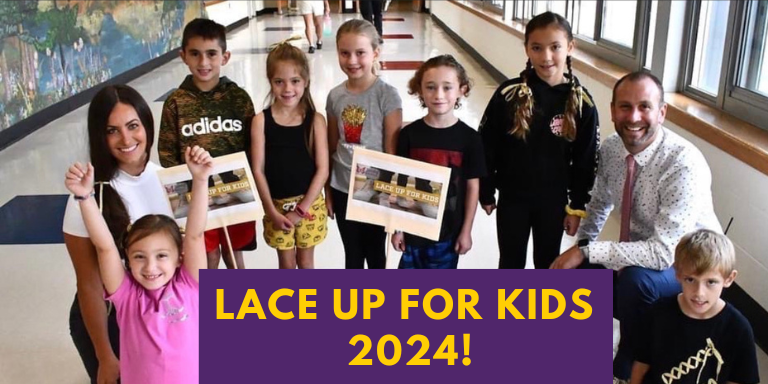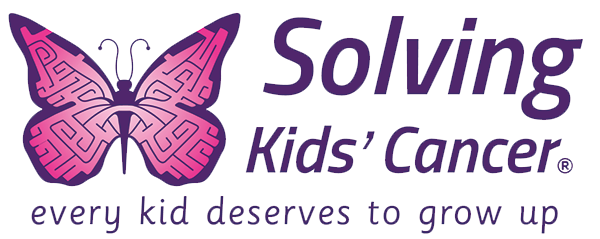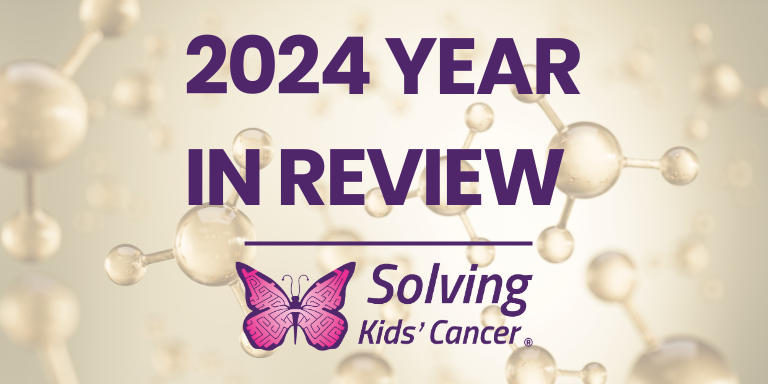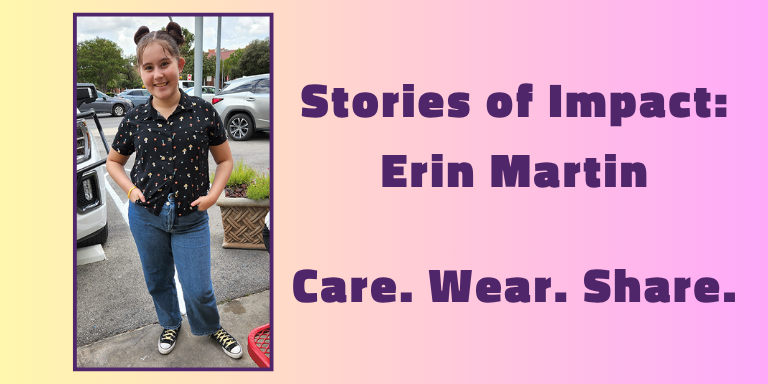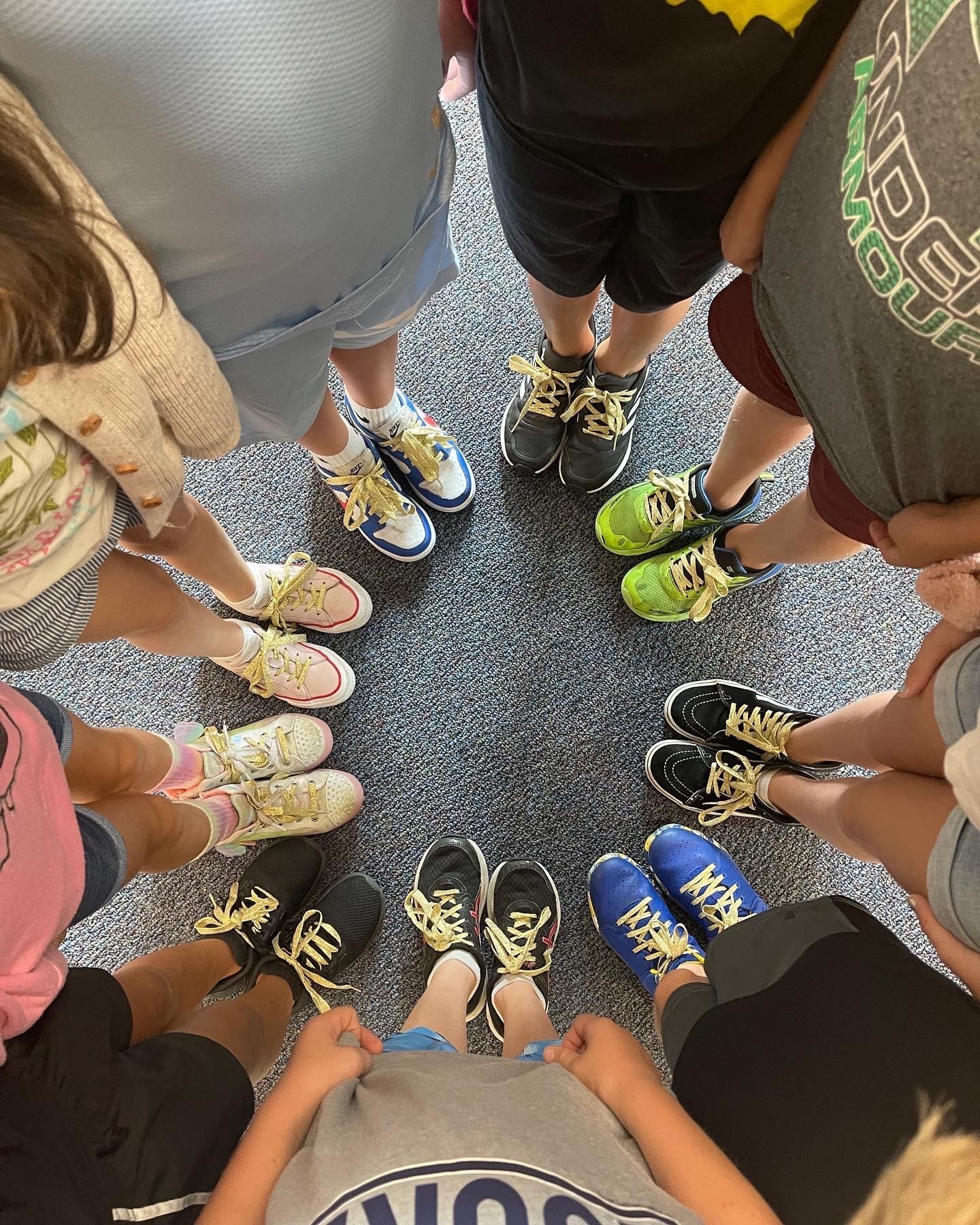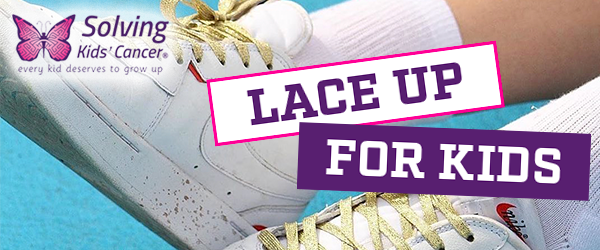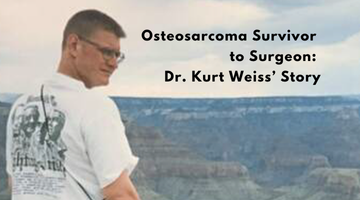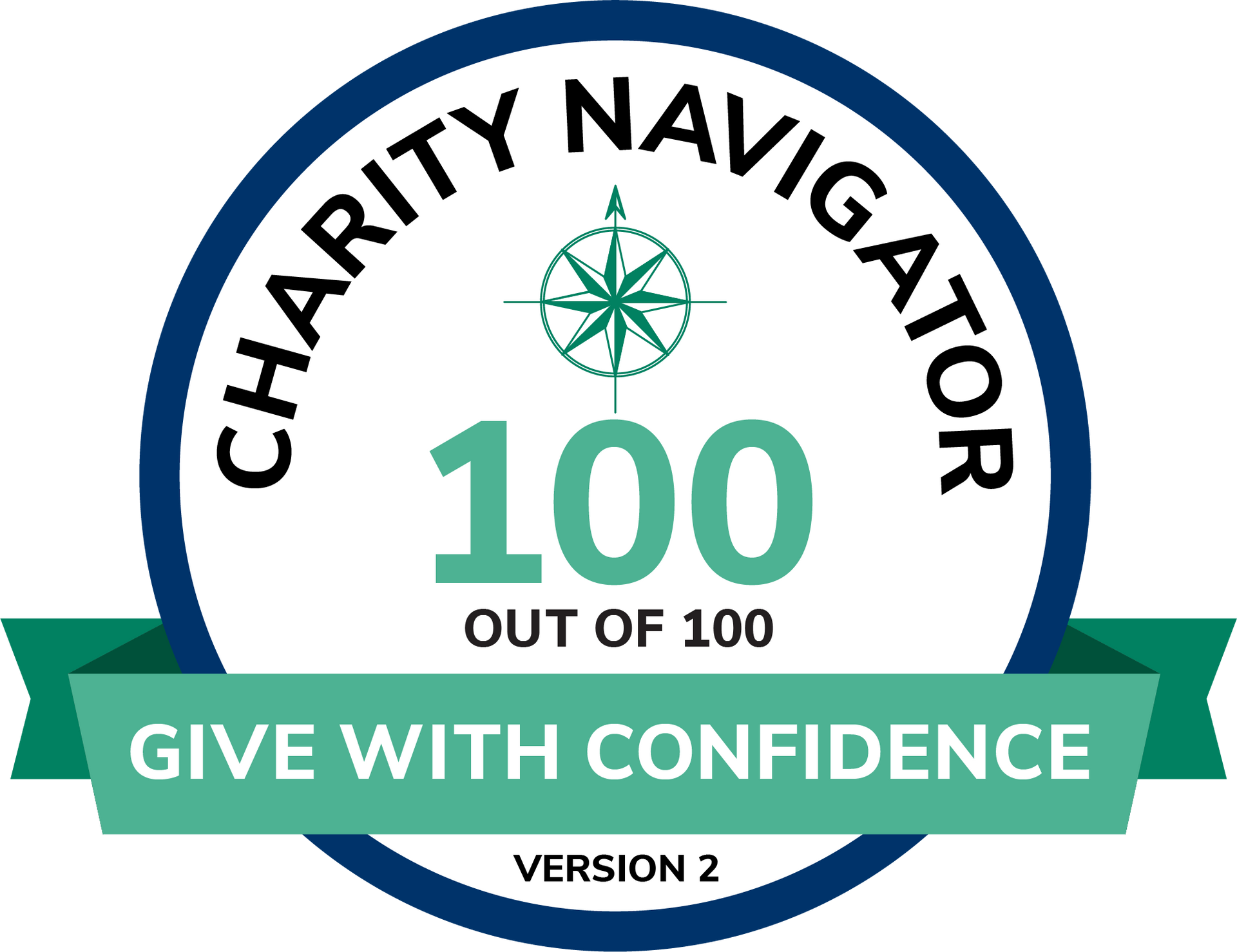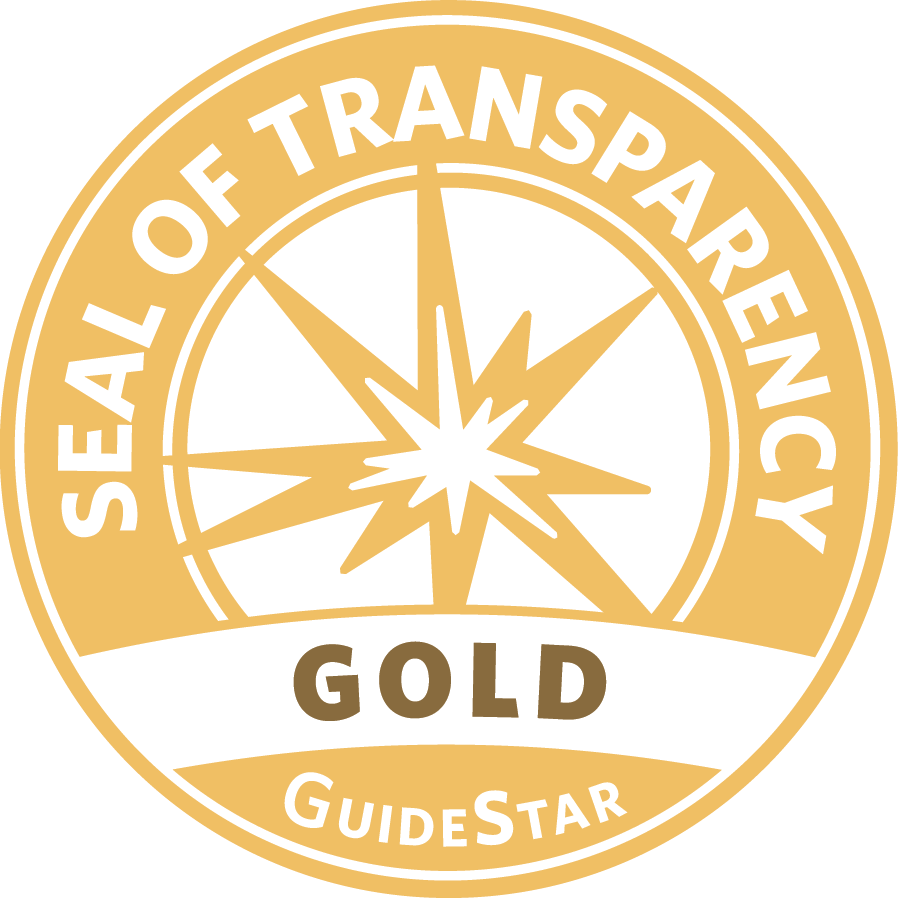Orphan Drugs & Their Impact on Rare Childhood Cancers
Having a child with rare cancer that has no established treatment protocol can leave you feeling like you have nowhere to turn. But as science continues to progress, new and innovative cancer treatments are becoming more available. These treatments are called orphan drugs, and in this article, we explain what they are, how the US Food and Drug Administration (FDA) makes them available to the public, insurance questions, and more.
What Are Orphan Drugs?
According to the National Cancer Institute, orphan drugs are medications or treatments used to “treat, prevent, or diagnose an orphan disease” — a disease the FDA says affects “less than 200,000 people in the United States.” Each type of childhood cancer is rare, with about 15,000 children diagnosed annually in the United States in individuals younger than 20 years old.
What Are Ultra-Orphan Drugs?
Ultra-orphan drugs treat the rarest diseases in the world, which often impact less than 1 in 50,000 people globally and are typically the most serious, potentially debilitating, and fatal.
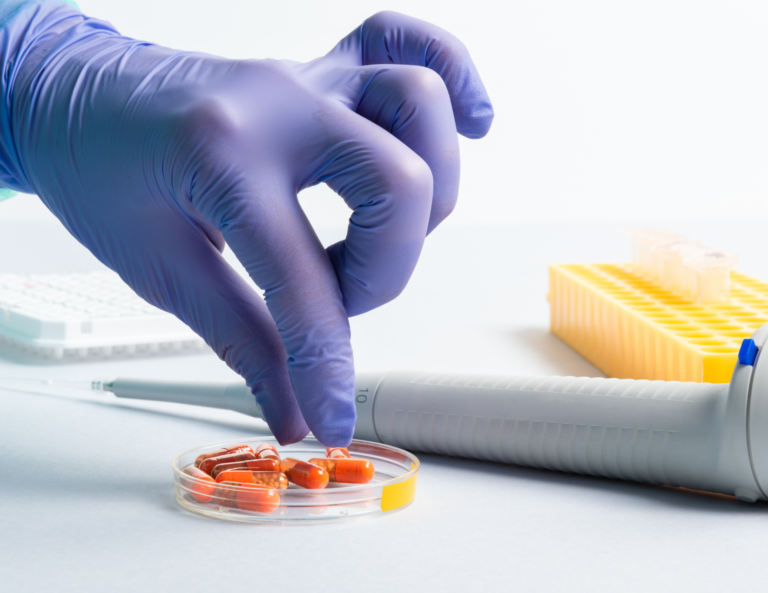
The Orphan Drug Act of 1983
Developing medications and treatments for rare diseases is not lucrative for pharmaceutical companies. The cost of research, development and approval for drugs to treat rare diseases can be astronomical. That’s why, for many years, there were very few advancements in the realm of pharmaceutical treatment for rare diseases.
However, in 1983, the U.S. Congress passed the Orphan Drug Act, a law that incentivizes the pharmaceutical industry to research and develop more treatments for rare diseases. Since the law’s passing, the FDA has approved hundreds of orphan drugs and granted thousands of FDA breakthrough drug designations — providing more novel treatments for diseases like rare childhood cancers and more hope for patients and their families.
4 Ways the FDA Makes Orphan Drugs Accessible to the Public
When it comes to potentially life-saving drugs, the FDA has four ways to expedite their availability, including:
• Fast Track: A process to create and get drugs to patients faster. Treatments must fill an unmet medical need, such as being the first of its kind to treat a disease or provide a superior outcome or fewer side effects, for example. Pharmaceutical companies that develop fast-tracked drugs may also receive an expedited FDA review process to gain approval.
• Breakthrough Therapy: A process to create and get drugs to patients faster when the drug shows a superior outcome over existing treatment. Pharmaceutical companies who develop breakthrough therapies receive the same FDA benefits as fast-tracked drugs, plus additional guidance.
• Accelerated Approval: A process to create and get drugs to patients faster when a drug is believed to forecast a clinical benefit. Researchers can demonstrate benefits through various mediums such as lab results and diagnostic imaging. Accelerated approval with the FDA is based on evidence that a patient’s outcome may improve.
• Priority Review: A process to create and get drugs to patients faster via an expedited and dedicated reviewal process (typically within six months). For a priority review, the drug must prove a significant improvement in patient outcomes based on various evidence points.
How to Access Orphan Drugs
Parents should speak to their child’s medical oncologist for more information and recommendations on the best course of treatment. Typically, an oncologist will prescribe and submit the request for treatment to insurance companies on the patient’s behalf.
Tip: Try researching highly specialized healthcare institutions (tertiary or quaternary care institutions), as they tend to be on the cutting edge for treating rare diseases and running pediatric clinical trials.
For more information on currently available orphan drugs, the Genetic and Rare Diseases Information Center (GARD) provides a list of FDA orphan drugs that can be sorted by rare disease names.
Does Insurance Cover Orphan Drugs?
Unfortunately, for various reasons, these types of drugs remain significantly more expensive than everyday pharmaceutical drugs and treatment. Per the American Journal of Managed Care, “Health plans restrict access to orphan drugs approximately one-third of the time, and restrictions vary considerably across plans,” with insurance companies generally restricting the most expensive orphan drugs.
But all is not lost. That means two-thirds of the time, orphan drugs are approved by insurance companies. And it can also be well worth it to reach out directly to pharmaceutical companies to see if they are willing to subsidize or waive the cost of treatment.
The Impact of Orphan Drugs on Rare Childhood Cancers
Orphan and ultra-orphan drugs provide hope and a fighting chance for children battling rare childhood cancers — children who have dreams and aspirations — just like any other child. In addition, novel medications and treatments can, in some cases, improve a cancer patient’s outcome and quality of life.
But there is so much more to be done. Funding effective treatments and breakthroughs for childhood cancer has never been more urgent. That’s why nonprofit and medical organizations, researchers, and medical oncologists continue to advocate for research into childhood cancers with low survival rates.
At Solving Kids’ Cancer, we help accelerate new, next-generation treatments, including immunotherapy, cancer vaccines, and new drug combinations by carefully applying an understanding of the entire childhood cancer research landscape to invest in the most promising, innovative projects…. and clinical trials.
When you give to Solving Kids’ Cancer, you help positively impact the lives of children living with rare cancers today and in the future by making better treatment options possible — because Every Kid Deserves To Grow Up®.
